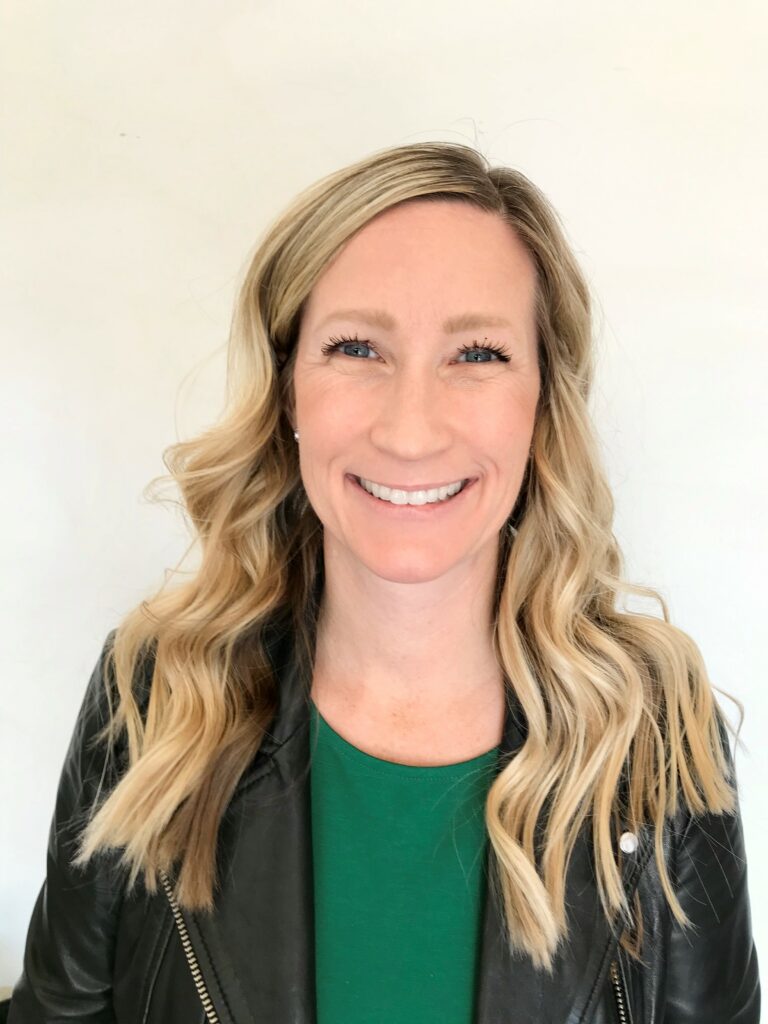This post is part of a series focused on highlighting outstanding defense videos from the graduating class of fall 2022. Each post features a brief interview with the student about their experience in the MA program and includes their research defense video.
Our third defense video is from Shanna Gagnon. Shanna is a current high school teacher offering courses in U.S. history, American studies, world history and U.S. government. Her professional accomplishments include working as a curriculum designer and as an intern on the COVID-19 archive. Shanna’s research paper examines the California women’s suffrage movement during the 1911 campaign. In particular, she focused on the records of the College Equal Suffrage League of Northern California (CESL) and their manipulation of the media to advance their cause.

Q: What was your favorite part of the history program?
SG: My favorite part of the history program was the supportive yet rigorous environment. The M.A. history professors are top-notch and have designed curricula tailored to support students’ academic, professional and personal growth. Graduates emerge with improved research, writing and presentation skills. They also develop a stronger sense of self and confidence. Of equal importance, students have the opportunity to build mentorship with their professors that extends beyond the program’s conclusion. The community of students within the M.A. history program reinforces this supportive and rigorous environment. Through discussion boards, peer reviews and offline group chats, the development of personal relationships and friendships with colleagues motivated and pushed me when I needed it most. The community built during this program is one of the things I cherish most about my time in the program.
Q: What did you learn from the process of creating and recording a research defense?
SG: Creating and recording a research defense taught me that verbalizing my research process and findings helps reveal areas of strength and weakness in my research paper. As I was creating my research defense, I continued to edit my paper to make my findings more concrete and succinct. It is a fruitful process and one I wish I had implemented earlier in the program.
Q: What advice would you give to someone currently in the program?
SG: To succeed in the M.A. history program, students should fully immerse themselves in the process. Carving out a few hours to read or write each week isn’t enough. Instead, absorb and process information daily, writing along the way. The information you need to excel exists in the Canvas Toolkit and course materials. If you can’t locate the information, ask questions. Lastly, don’t give up. There will be moments when the workload is intense, and you may doubt your abilities. Trust the process, embrace the learning and put in the work. Always remember that you can do hard things and you will succeed.
You can view the presentation here:

